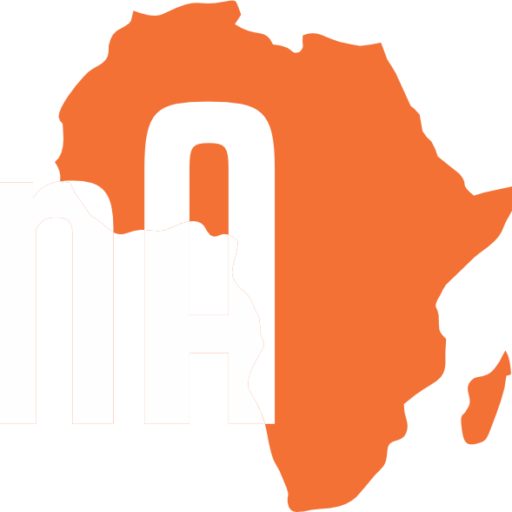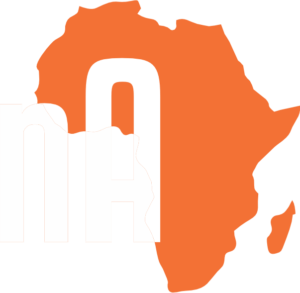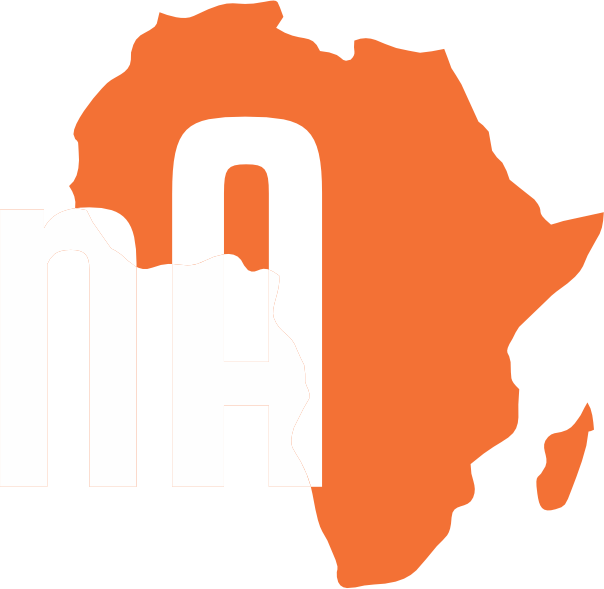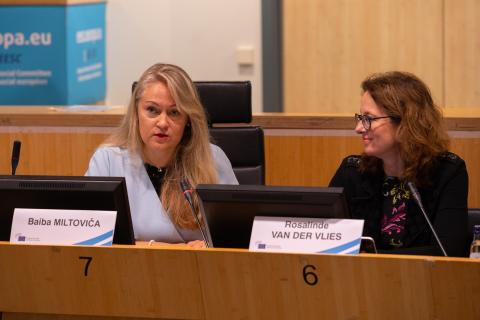A conference on radioactive waste management held by the European Economic and Social Committee (EESC) and the European Commission has highlighted the importance of taking the views of organised civil society on board while carefully assessing the latest scientific developments.
Radioactive waste management can be improved by listening to civil society’s needs, expectations and concerns. Broad participation, involvement and interaction in public decision-making are essential to grasp and address potential issues, particularly at local, regional, and national levels, drawing from past and ongoing experiences in the field.
This was the key message of the conference Radioactive Waste Management: A Civil Society Perspective, held jointly by the European Economic and Social Committee (EESC) and the European Commission’s Directorate-General for Research & Innovation in Brussels on 17 October 2024.
Baiba Miltoviča, President of the EESC’s Section for Transport, Energy, Infrastructure and the Information Society, said: ‘We have to facilitate inclusive engagement, openness and transparency with civil society in all areas of radioactive waste management. There is no such thing as too early or too much civil society involvement when it comes to making the particularly complex political decisions surrounding radioactive waste management.’
On a similar note, Rosalinde Van Der Vlies, Clean Planet Director at the European Commission’s Directorate-General for Research & Innovation, added: ‘Decisions for future generations shouldn’t be left solely to scientists. Engaging European civil society in our partnership on radioactive waste management is essential. I hope today’s event sets the stage for future initiatives on public engagement. I am very happy to announce that the EURAD-2 partnership on radioactive waste management co-funded by the Euratom Research & Training Programme will kick-off in Ghent next week. I’m looking forward to sustained cooperation with the EESC and civil society’.
The Committee and the Commission are listening together to civil society views
All EU Member States have generated and continue to generate radioactive waste from power generation, as well as from industrial, agricultural, medical, and research activities, and through the decommissioning of nuclear facilities. The safe and responsible management of spent fuel and radioactive waste is a crucial prerequisite for any nuclear activity and is the responsibility of each Member State.
Scientific research and technological innovation have a key role to play in safely managing radioactive waste, and all of this has to match up with the concerns and expectations of organised civil society. Their views will be part of the conference conclusions and will contribute to the EESC’s opinion Radioactive waste management: a civil society perspective, due to be adopted at the EESC plenary session next week.
To guarantee that civil society’s positions on these issues are heard, the EESC, in its capacity as the EU institution representing organised civil society from all 27 Member States, is now also involved in EURAD, the European Joint Programme on Radioactive Waste Management.
Interaction with civil society is an innovative component of the EURAD programme. The short-term objective is to foster active participation and cooperation between technical partners and organised civil society in order to enhance safety, while the long-term goal is to increase both awareness of and public confidence in national research programmes.
Background – the EU programme on radioactive waste management
EURAD is the first European Joint Programme on Radioactive Waste Management, launched for a five-year period in 2019. Since its launch, 51 organisations have been mandated as beneficiaries, with an additional 62 affiliated entities or third parties from 23 European countries (including three associated countries) working together.
EURAD’s work programme aims to enhance science and technology for radioactive waste management while consolidating knowledge to support national programmes, in accordance with the Nuclear Waste Directive (2011/70/Euratom), which establishes a community framework for the responsible and safe management of spent fuel and radioactive waste.
EURAD has achieved remarkable results during its five-year duration, concluding in May 2024; from October 2024 a follow-up partnership, EURAD-2, will continue to build and strengthen the established EURAD community.
Source: European Economic and Social Committee








